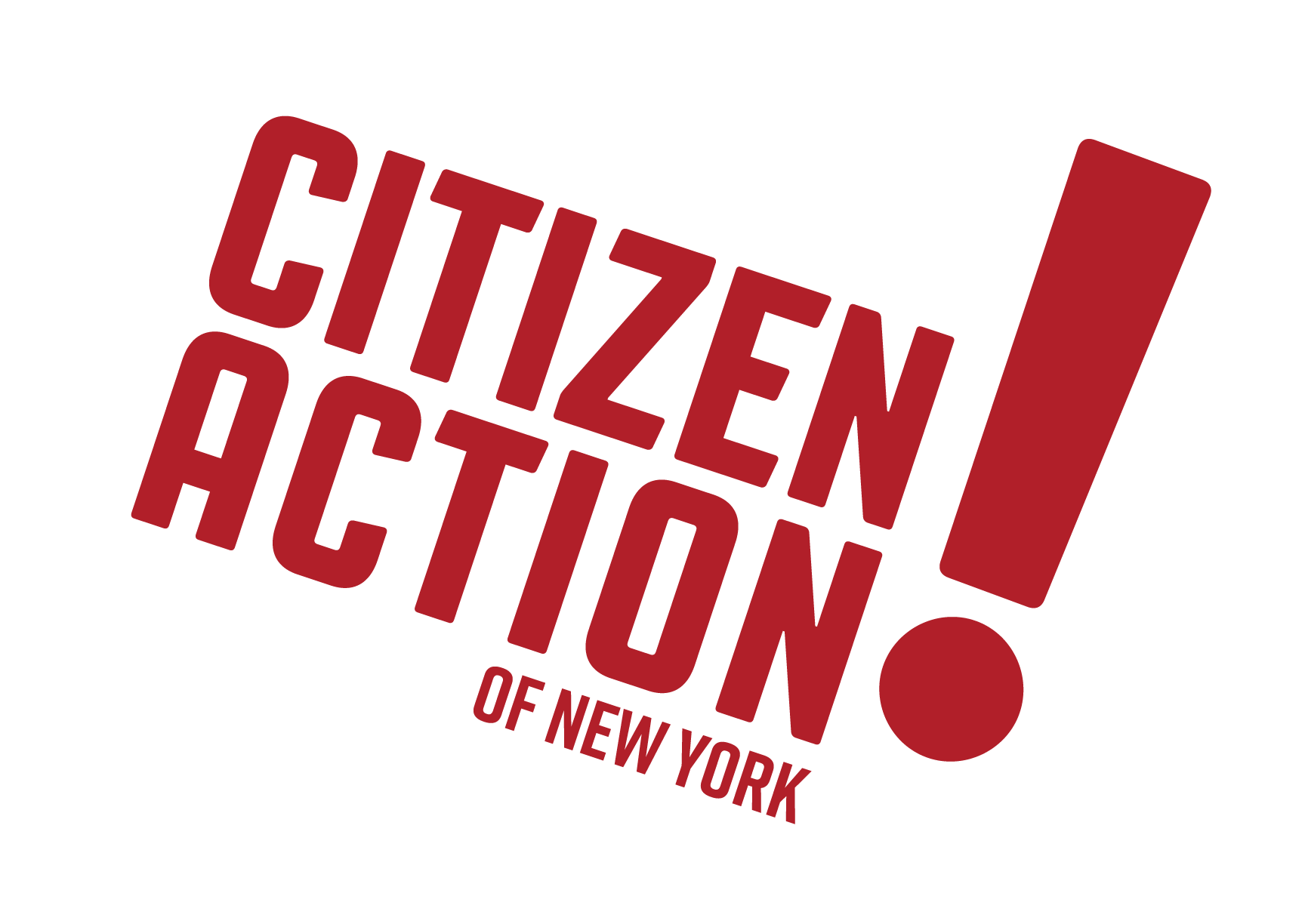 Check out Karen Scharff’s op-ed in today’s Times Union:
Check out Karen Scharff’s op-ed in today’s Times Union:
Congress has returned for the post-election “lame-duck” session. What it does, or doesn’t do, will have a major impact on all of us, particularly those who are hurting the most in this weak economy.
Number one on the “must do” list is helping the millions of Americans, including 200,000 New Yorkers, who will exhaust their unemployment benefits by the end of the year unless Congress extends them.
The initial response by Congress was extremely discouraging. In the first vote in the House’s lame-duck session, a three-month extension of unemployment benefits was blocked because of the opposition of Republicans and a few Democrats concerned about the impact on the federal budget deficit.
These House members need a dose of reality. A report released this month by the nonpartisan Congressional Budget Office found that the last few unemployment extensions prevented the poverty rate, already at a 15-year high of 14.3 percent, from rising to 15.4 percent in 2009 — a level not seen since the 1960s. Without a new extension, more Americans will be pushed below the poverty line.
Preventing more of our neighbors from suffering should be reason enough to extend unemployment benefits, but it’s essential for the rest of us as well.
Unemployment benefits are one of the quickest and most effective ways to begin to stimulate growth and create jobs. Economists Lawrence Mishel and Heidi Shierholz of the Economic Policy Institute have estimated that the expansion of unemployment benefits and related programs created more than a million jobs since the beginning of the recession.
That’s because unemployment benefits stabilize the economy by providing income to unemployed workers while they search for a new job. They tend to spend their benefits on necessities like mortgage payments, utilities and food, putting an influx of cash into local businesses, increasing demand for goods and services and creating jobs.
A second “must do” item is addressing the Dec. 31 expiration of the 2001 and 2003 Bush-era tax cuts. President Barack Obama and congressional Democrats propose extending only the tax cuts for working families. Congressional Republicans want to extend the tax cut for the rich, with incomes of about $200,000 ($250,000 for couples).
It is hard to understand how congressional Republicans — and some conservative Democrats — can oppose extending unemployment benefits to millions of Americans because of the $12 billion price tag when they’re willing to support a tax giveaway to the wealthy at a cost of more than $700 billion over 10 years.
What will be the cost to our communities if we continue to cut taxes for the rich?
In the past several years, roughly one-third of our state budget has come from federal funding. If Congress extends the tax cuts for the wealthy, additional state budget cuts and state employee layoffs in New York will be necessary because of reduced federal funding. That also means that local officials throughout the state will have to continue to cut back programs that provide vital services in our communities.
With a national unemployment rate hovering at 10 percent and foreclosures in almost every community, we can’t continue the policies of the Bush years, when the top 1 percent of wealthiest Americans received roughly one-third of the $2.5 trillion in tax cuts — tax cuts they didn’t need.
Congress should instead only extend the tax cuts for working families and allow the tax cuts for the rich to expire.
The campaign season is over. With millions of Americans unemployed and underemployed, it’s critical that Congress and the President begin to steer the nation on the road to economic recovery. The unemployment and tax cut fights are the first tests of whether the incoming Republican leadership in Congress is serious about governing, or just playing politics in anticipation of the next big electoral battle in 2012. The American people will be watching.
Karen Scharff is the executive director of Citizen Action of New York (www.citizenactionny.org).
